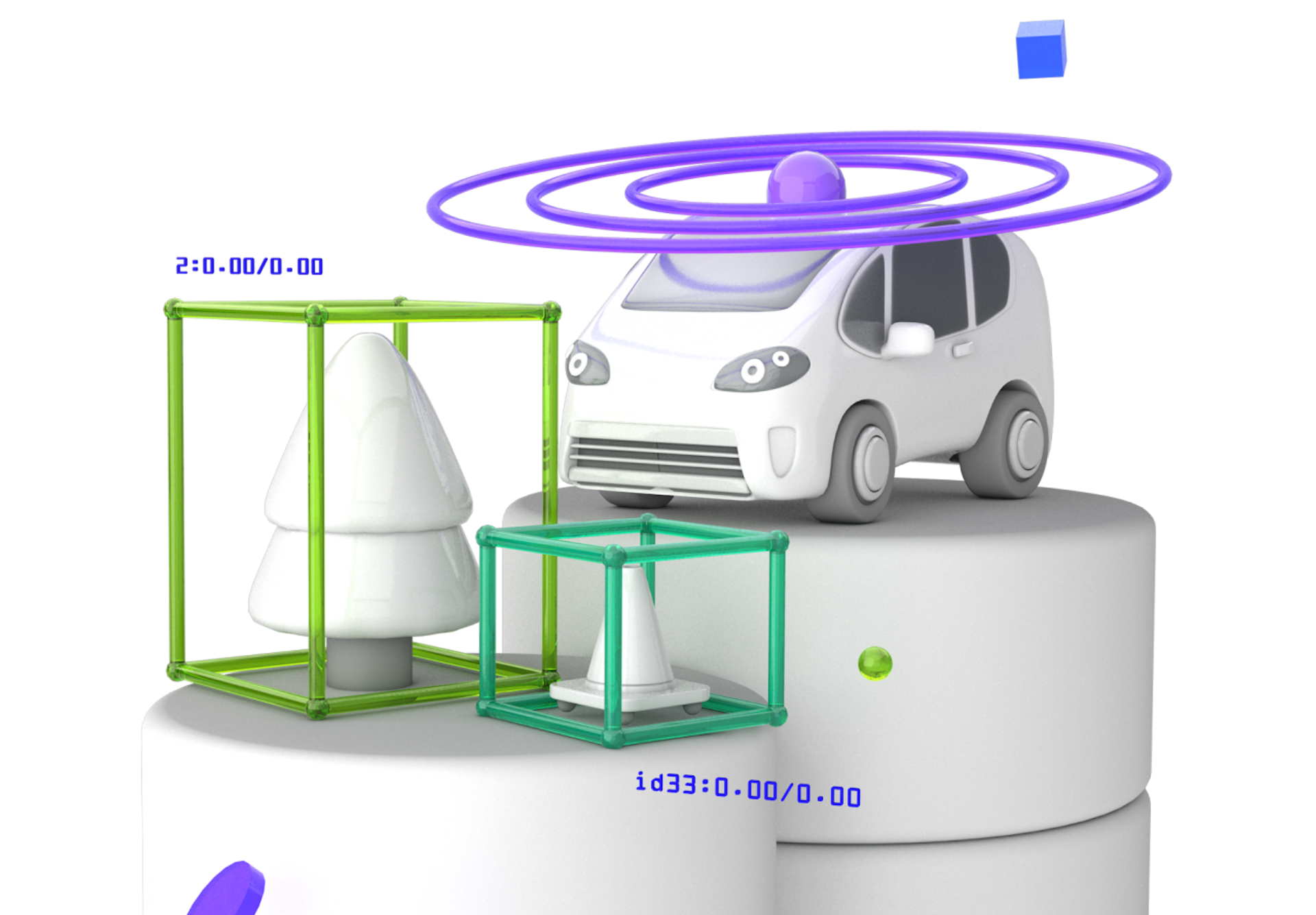
The School Of
Autonomous Systems
We’ve designed our autonomous systems courses in self-driving car engineering and sensors in collaboration with industry-leading partners like Mercedes-Benz, Nvidia, and McLaren to ensure a first-in-class learning experience. Companies in the automotive, manufacturing, and warehousing industries have used Udacity to train their employees in the development and deployment of automated systems.

In Demand Skill Sets
Learn the autonomous systems engineering skills you need to start or advance a career building self-driving cars and trucks, including Python, C++, ROS, Kalman filters, and more.
Steps To Become A Self-Driving Car Engineer
Autonomous Systems Across Industries
Automotive & Trucking
- Autonomous driving (AD) systems are a rapidly advancing technology, yet there are still significant technical challenges to getting AD vehicles on the road.
- From developing hands-off but eyes-on-the-road AD that assists drivers to building fully self-driving trucks, automakers need talent with the skills to build these systems now more than ever.
Suppliers & OEMs
- Automotive suppliers must keep pace with industry changes to deliver the hardware and software required by cars of the future, like electric drivetrains, driver assistance, and electric vehicle (EV) batteries.
- Tier 1 suppliers—those who sell parts directly to automakers—know they must future-proof their workforces as they face competition from numerous Silicon Valley startups.
Manufacturing
- Robotics and automation technology improve safety, speed, and consistency in the manufacturing industry.
- These technologies also free up human workers from mundane, repetitive tasks and create additional opportunities for innovation.
Connected Vehicles
- Connected vehicles—part of the ever-evolving field of the Internet of Things (IoT)—will soon be able to perform tasks like communicating with street lights and other infrastructure and aid in making daily purchases like gas and groceries.
- Cars will also monitor maintenance issues such as tire pressure and oil quality, as well as suggest locations for service and pricing.
Programs Co-created With Autonomous Systems Leaders.

Get Started Today
The Latest Technical Skills. Yours For The Taking.